Catalog
A full-color, 144-page, printed catalog of the exhibition is available through UNC Press, which was a finalist for the Dedalus Foundation Exhibition Catalogue Award.

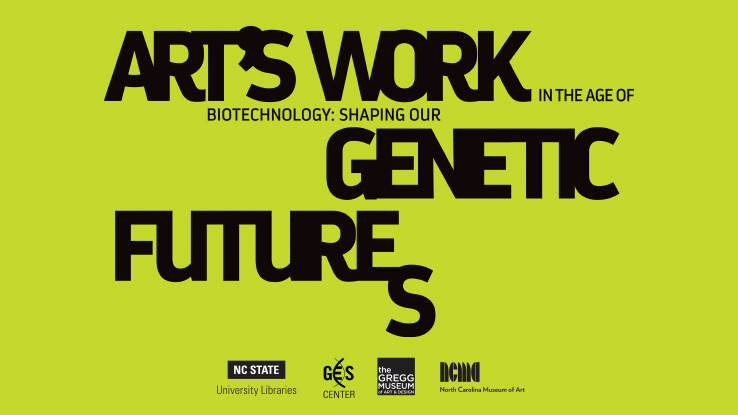
Art’s Work in the Age of Biotechnology: Shaping Our Genetic Futures (2019-2020) originated at NC State University, where it was led by the the NC State University Libraries and the Genetic Engineering and Society Center. The exhibition was held at the Gregg Museum of Art & Design, the physical and digital display spaces of the NCSU Libraries, and the North Carolina Museum of Art (NCMA) Ann and Jim Goodnight Museum Park.
A full-color, 144-page, printed catalog of the exhibition is available through UNC Press, which was a finalist for the Dedalus Foundation Exhibition Catalogue Award.
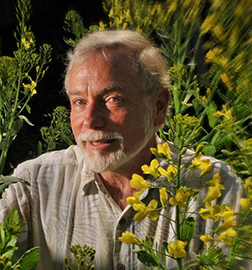
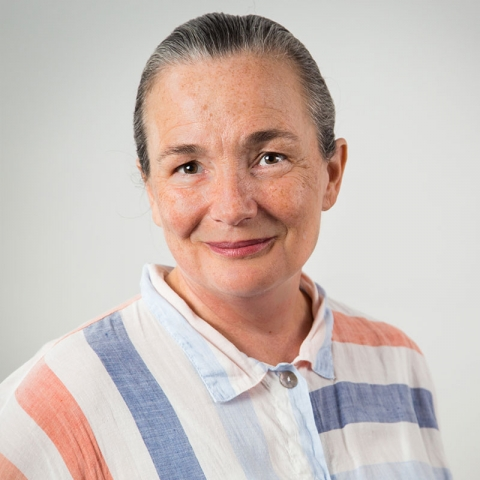
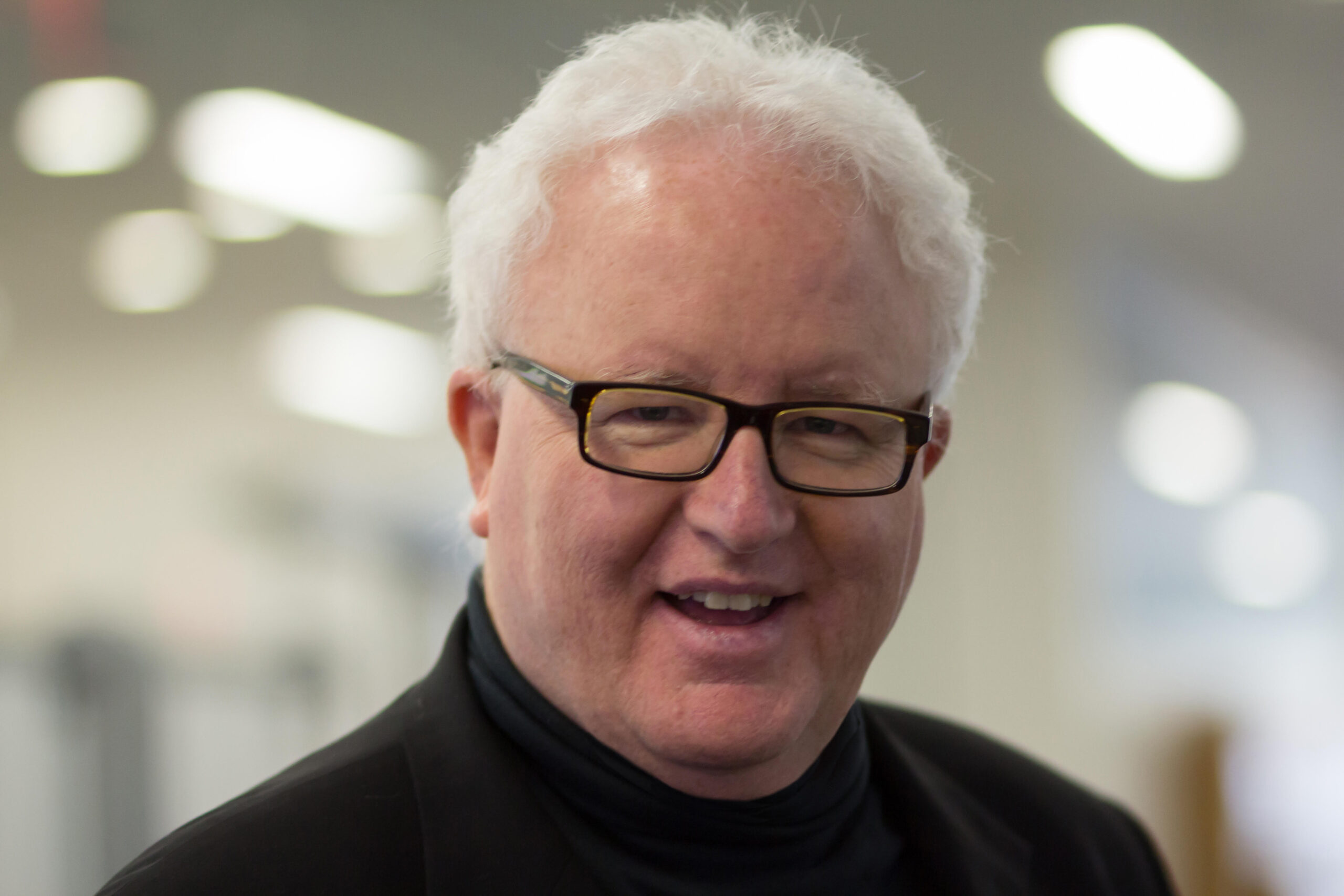
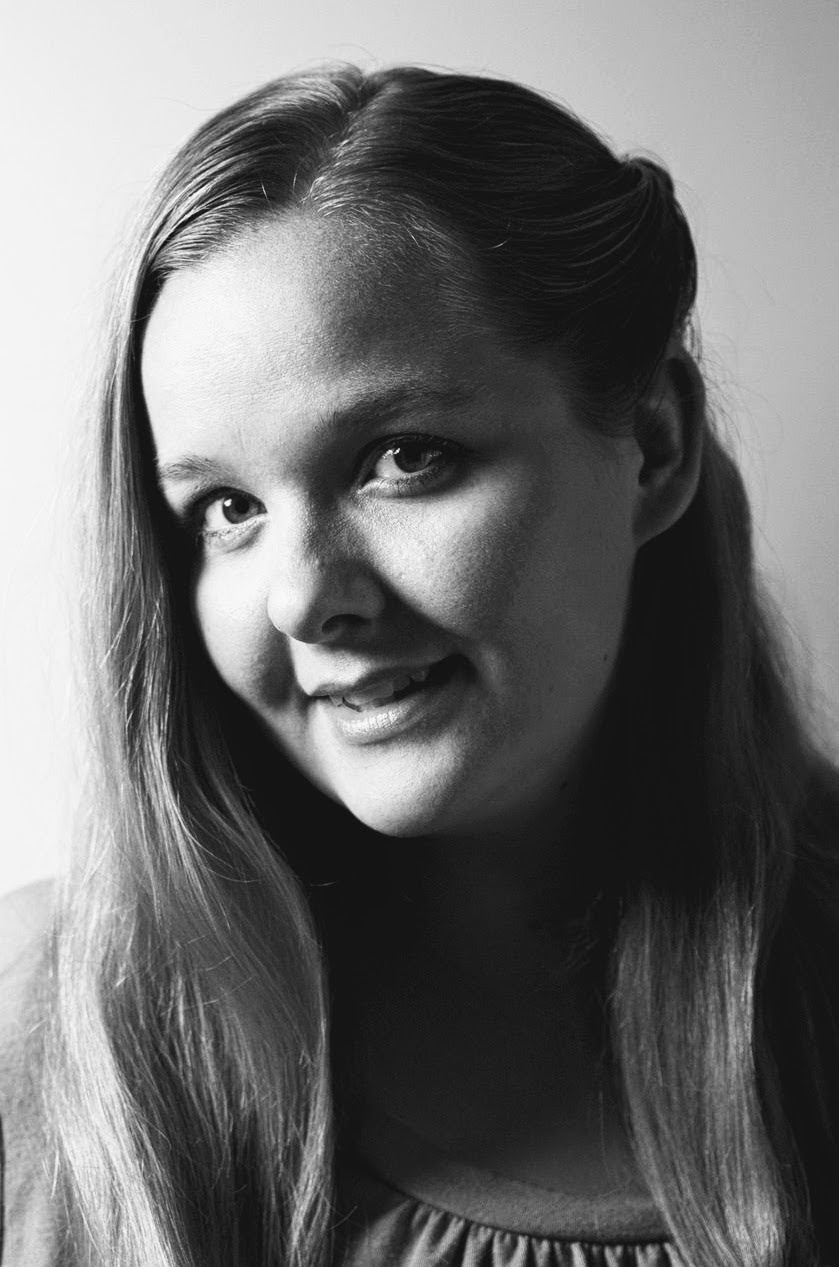
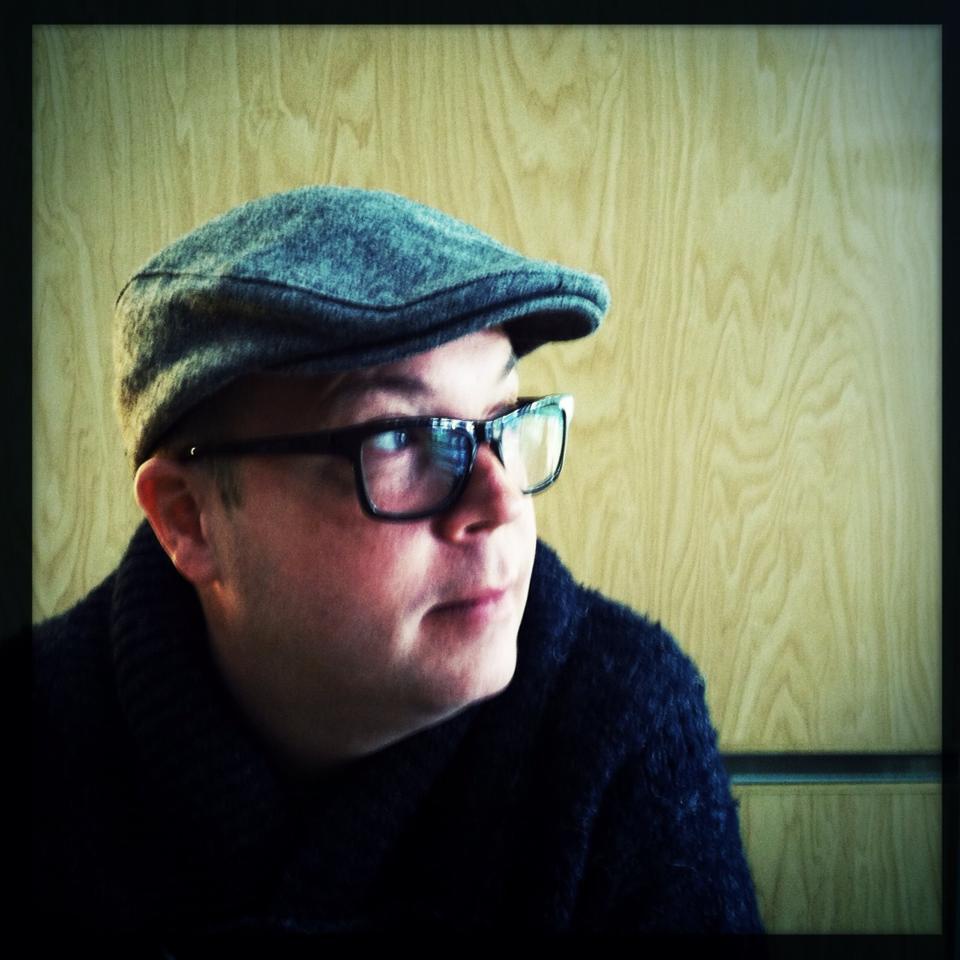
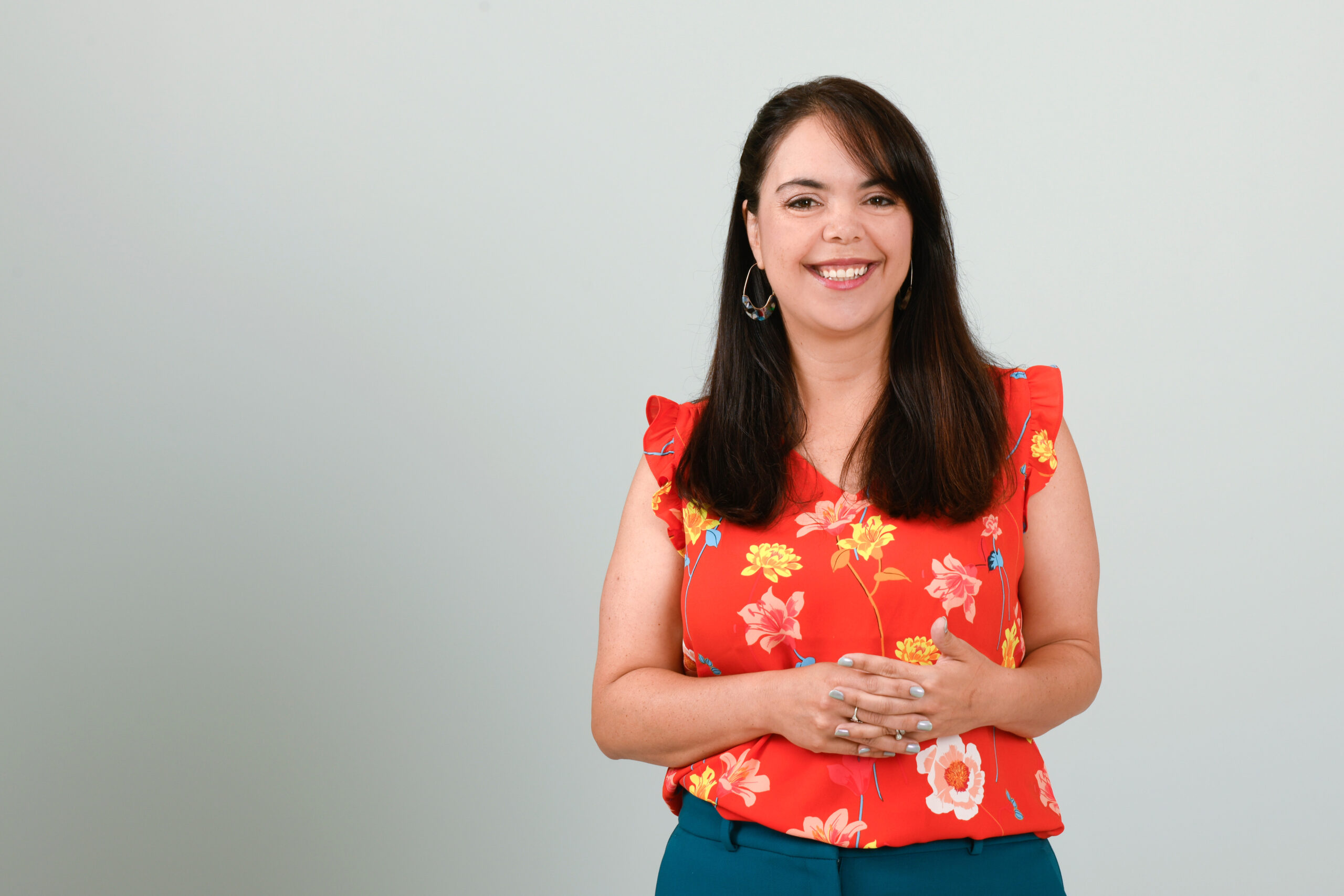

| Cookie | Duration | Description |
|---|---|---|
| cookielawinfo-checbox-analytics | 11 months | This cookie is set by GDPR Cookie Consent plugin. The cookie is used to store the user consent for the cookies in the category "Analytics". |
| cookielawinfo-checbox-functional | 11 months | The cookie is set by GDPR cookie consent to record the user consent for the cookies in the category "Functional". |
| cookielawinfo-checbox-others | 11 months | This cookie is set by GDPR Cookie Consent plugin. The cookie is used to store the user consent for the cookies in the category "Other. |
| cookielawinfo-checkbox-necessary | 11 months | This cookie is set by GDPR Cookie Consent plugin. The cookies is used to store the user consent for the cookies in the category "Necessary". |
| cookielawinfo-checkbox-performance | 11 months | This cookie is set by GDPR Cookie Consent plugin. The cookie is used to store the user consent for the cookies in the category "Performance". |
| viewed_cookie_policy | 11 months | The cookie is set by the GDPR Cookie Consent plugin and is used to store whether or not user has consented to the use of cookies. It does not store any personal data. |